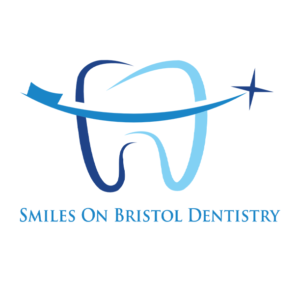It is no surprise tobacco usage is bad for your health. Yet many forgot to account for the impact tobacco has on a smoker’s overall oral health. Specifically noting that most tobacco users in California smoke cigarettes, about 50% of them already have gum disease. These same smokers are also twice as likely to lose their teeth, require a root canal treatment, as well as suffer from mouth pain, cavities and gum recession.
A study done at Columbia University found that tobacco use is possibly one of the biggest risks in causing periodontal disease. Periodontal disease is a bacterial infection in the gums. It affects not just the soft tissue around your teeth, but also the bone. Bacteria then proceed to grow within the plaque that forms in the pockets around the teeth. Other reliable studies show smoking and tobacco use can lead to a decreased flow of saliva within the mouth, which causes smokers to have more tartar than nonsmokers, thereby causing gum disease to progress at a quicker rate and triggering more gum destruction.
However, it must be noted that these studies are not exclusive to cigarette users, and include other tobacco products. Less than 5% use other products such as smokeless tobacco, snuff, cigars and pipes. Tobacco usage in California has been declining over the last few years, which has also caused a decline in tobacco related diseases. Specifically, the smokers in Orange County make up 12% of the entire smoking population in California.
The most effective preventative measure against periodontal disease and other oral health issues is to quit smoking and tobacco use. According to the Surgeon General’s warning, quitting greatly reduces serious health risks. If quitting seems out of reach, the mere reduction of daily tobacco use can help.
One of the first steps to quitting is establishing a plan with a strong support network, so they can help you stick to your plan. Your doctor and dentist can also help you quit. Your dentist can discuss and demonstrate the effects of smoking within your mouth and on your teeth. Your dentist can also assist by helping you establish a quite date and medications that will help you succeed. Although some medications such as nicotine gum and patches can be purchase over the counter, other medications may require a prescription.
Many hospitals, insurance companies or employers may also assist in helping you quit. They often offer or sponsor smoking cessation classes or support groups. Be sure to ask for information regarding their programs.


